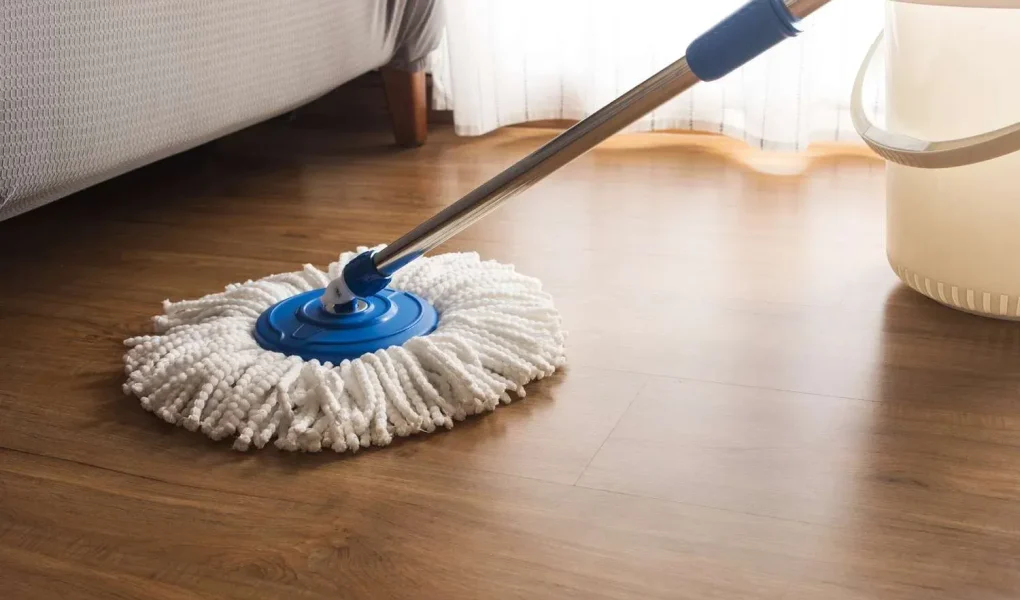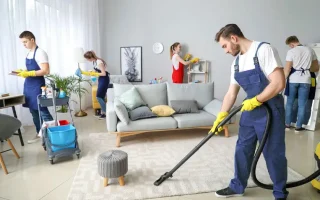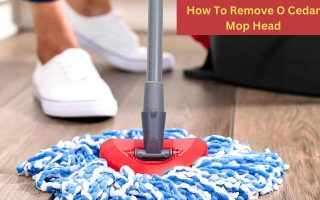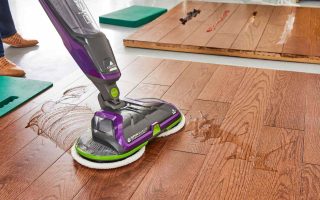Keeping your floors clean and disinfected is essential, especially in high-traffic areas like kitchens and bathrooms. One common question homeowners often have is, “Can you mop with bleach?” While bleach is excellent for disinfecting surfaces, it’s not always safe for every type of flooring. Let’s dive into how to safely use bleach for tile, vinyl, and wood floors and the precautions you need to take.
Bleach Floor Cleaning: Is It Effective?
Bleach is a popular cleaning agent in many households because it effectively kills germs, bacteria, and viruses. When diluted correctly, a bleach solution can act as a powerful disinfectant, leaving your floors not just clean but sanitary too. However, understanding how and where to safely apply bleach makes all the difference.
Bleach Floor Cleaning Safety Tips
Before diving into specific flooring types, let’s review general safety precautions when mopping with bleach:
- Dilution is crucial: Pure bleach is strong and can damage flooring surfaces. Always dilute bleach in water, typically around ½ cup of bleach per gallon of water.
- Ventilation: Keep the area well-ventilated to avoid inhaling harsh fumes.
- Personal protection: Use gloves and, if sensitive, consider wearing a mask to prevent irritation.
- Avoid mixing cleaners: Never mix bleach with other cleaning solutions like ammonia or vinegar. Such combinations produce dangerous fumes.
With safety in mind, let’s explore if bleach is a good fit for your flooring type.
Can You Mop Tile Floors with Bleach?
Tile flooring is typically durable and water-resistant, making it one of the most bleach-safe floor types. Bleach effectively disinfects tile floors, especially in bathrooms and kitchens, where hygiene is paramount.
To mop tile floors using bleach safely:
- Prepare your solution: Mix ½ cup of bleach with one gallon of warm water.
- Pre-clean surface: Sweep or vacuum the floor to remove dirt and debris.
- Apply the solution: Mop the tile floors with the bleach solution evenly.
- Wait a moment: Allow the solution to sit for about five minutes.
- Rinse thoroughly: Go over the floors again with clean water to remove any residue.
Bleach cleaning on tile floors is highly effective, but always remember to rinse well to avoid slippery surfaces and damage to grout lines over time.
Tile Floor Maintenance Tips
Regular floor care includes weekly disinfecting and daily spot-cleaning. Use surface sanitizer and cleaning solutions that are gentle yet effective to preserve the longevity of your tiles.
Can You Mop Vinyl Floors with Bleach?
Vinyl flooring is resilient but can be sensitive to harsh chemicals like bleach. When considering using bleach on vinyl flooring, it’s critical to dilute it significantly and test a small area first.
Steps for safely mopping vinyl floors with bleach:
- Gentle dilution: Use a weaker bleach solution—approximately ¼ cup bleach per gallon of water.
- Spot test: Apply a small amount of the solution to a hidden area first and wait about five minutes to check for discoloration.
- Careful mopping: Mop gently without allowing excess solution to sit on the surface.
- Immediate rinsing: Quickly rinse the floors with clean water after cleaning.
Vinyl flooring manufacturers often advise against frequent bleach use, as bleach can eventually degrade vinyl surfaces, leading to discoloration or dullness. Using bleach occasionally for disinfecting is generally safe, but it shouldn’t be your daily cleaning routine.
Vinyl Floor Care Suggestions
For regular vinyl floor maintenance, opt for mild cleaning solutions. A floor disinfectant specifically designed for vinyl is safer and ensures your flooring retains its shine without damage.
Can You Mop Hardwood Floors with Bleach?
The question of bleach and hardwood floors is where things get tricky. Bleach and hardwood are not a safe combination. Hardwood floors are porous, and using bleach can lead to discoloration, wood damage, and permanent staining.
Why you should avoid bleach on hardwood floors:
- Discoloration risk: Hardwood is prone to losing color when exposed to bleach.
- Surface damage: Bleach can degrade protective finishes, making the wood vulnerable to moisture and stains.
- Health hazards: Unsealed wood exposed to bleach may release toxic fumes as the bleach penetrates.
If you absolutely must disinfect hardwood floors, choose specialized wood-friendly floor disinfectants or mild cleaning agents formulated explicitly for wooden surfaces.
Alternative Cleaning for Hardwood Floors
Instead of bleach, opt for gentle surface cleaners made specifically for hardwood. Regular cleaning routines with mild soap and warm water or hardwood-specific cleaners will protect the integrity of your wooden floors.
Common Mistakes and Precautions in Bleach Floor Cleaning
Bleach floor cleaning can be incredibly effective but risky if done improperly. Here are common mistakes to avoid:
- Overusing bleach: Using bleach too frequently can degrade surfaces and finishes, especially vinyl and hardwood.
- Incorrect dilution: Always follow the recommended dilution guidelines strictly. Too strong a solution can damage flooring; too weak won’t disinfect effectively.
- Not rinsing thoroughly: Leftover bleach residue can make floors slippery, attract dirt, and damage the surface over time.
- Mixing bleach with other cleaners: This can lead to toxic chemical reactions harmful to your health.
Bleach Floor Cleaning Precautions in Households with Kids and Pets
When using bleach to mop floors in households with children or pets, extra caution is necessary:
- Keep kids and pets away during cleaning until floors are completely dry.
- Ventilate well to avoid any lingering fumes.
- Consider safer alternatives if bleach presents too many safety concerns for your household.
Safer Alternatives to Bleach for Floor Cleaning
If you’re uncertain about regularly using bleach, here are excellent alternatives:
- White Vinegar: A gentle, natural disinfectant suitable for most floors, diluted in water.
- Commercial disinfectants: Many safer options are available that are equally effective and less damaging.
- Mild soap and warm water: Especially recommended for regular hardwood floor care.
Final Thoughts on Mopping Floors with Bleach
So, can you mop with bleach on tile, vinyl, or wood floors? Here’s the quick breakdown:
- Tile: Safe, effective, and recommended with proper dilution and rinsing.
- Vinyl: Occasionally okay, but caution and mild dilution are critical.
- Wood: Not recommended; opt for specialized wood cleaners instead.
Understanding the right cleaning solution and approach based on your flooring type ensures a clean, disinfected, and damage-free home. Always remember that proper floor hygiene contributes significantly to your home’s overall cleanliness and appearance. Choose wisely, and your floors will remain beautiful and healthy for years.




